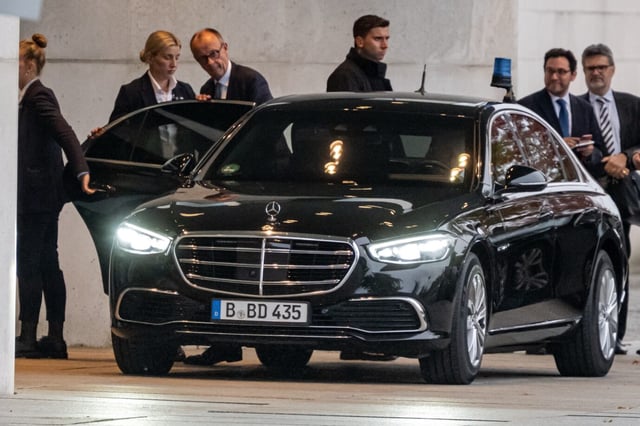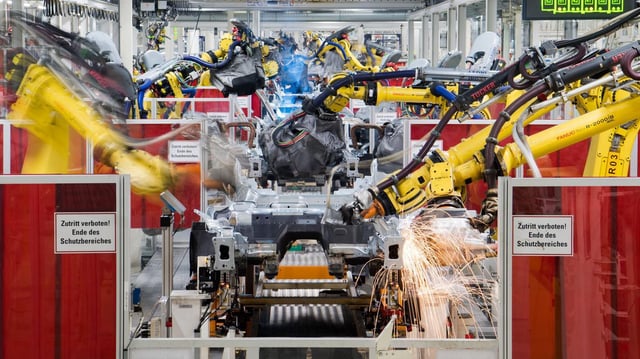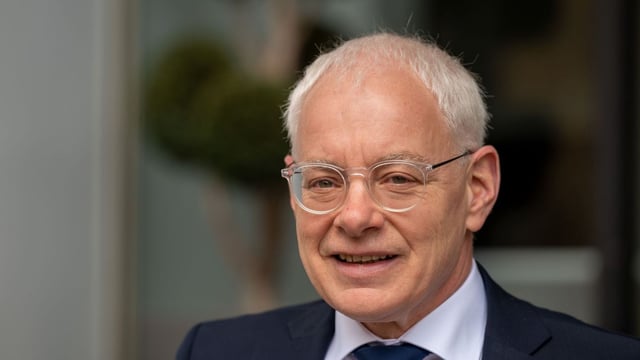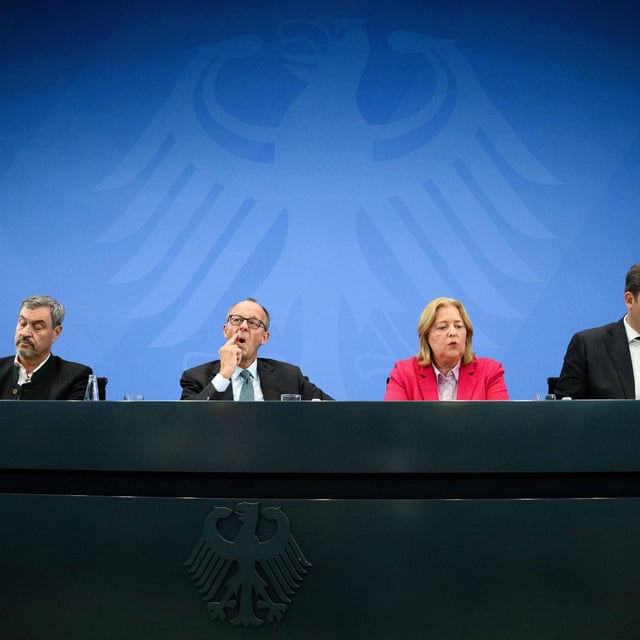Overview
- Chancellor Friedrich Merz hosts automakers, suppliers, unions and key state leaders at the Chancellery to seek ways to bolster competitiveness, protect jobs and accelerate the shift to electric vehicles.
- An eight‑hour coalition committee meeting ended without publicly announced agreements on contentious files including the EU’s 2035 combustion‑engine phase‑out, welfare policy and infrastructure financing.
- Finance Minister Lars Klingbeil has signaled an extension of the Kfz‑tax exemption for pure battery cars to 2035, easing market uncertainty over registrations from 2026.
- Policy ideas still in play include possible hybrid or e‑fuel exceptions, a ‘green steel’ bonus in fleet rules, higher car taxes for petrol and diesel models, targeted electricity‑cost relief, and social‑leasing or purchase incentives for EVs.
- Germany’s auto sector faces weak demand, rising Chinese competition and U.S. tariffs, with profits under pressure and job cuts planned, as experts caution that shifting political signals are damping consumer confidence.



